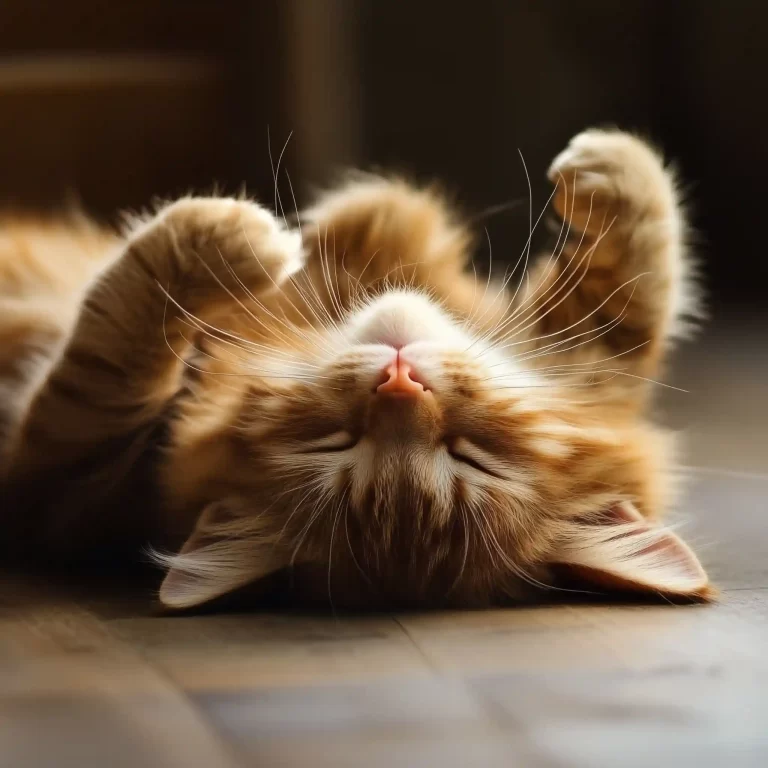Table of Contents
- Disclosure
- Intro
- Catnapping and Overall Sleep Strategies – Version Human
- 1. How Long You Will Sleep?
- 2. Comfort Where You Sleep
- 3. Consistency of When You Sleep
- 4. A Routine For Winding Down For Sleep
- 5. Your Environment and What Lies Within it
- 6. If and What You Eat and Drink Before Sleep
- 7. Ensure a Cozy Temperature
- 8. Control Noise as Much as Possible
- 9. Know How Exercise Affects You
- 10. Manage Your Stress
- 11. Limiting the Naps
- 12. Prevent Stimulating the Brain Too Much Before Sleep
- References
Disclosure: The information provided in this blog post is for general informational purposes only and should not be considered as medical or professional advice. While the content may offer insights into the relationship between cats and human sleep, it is not intended to diagnose, treat, or cure any sleep-related issues or health conditions. If you have concerns about your sleep patterns, health, or any impact from pets on your well-being, it is important to consult with a licensed healthcare provider or sleep specialist. The author and the website do not accept responsibility for any consequences, health issues, or damages that may arise from the application of the advice provided in this post.
Intro
Ever stared at your cat or someone else’s cat in the most blissful catnap/sleep ever and thought…How can I sleep like that? How can I sleep better?
If you’re someone who has started the day off and has not gotten good sleep or the proper amount of sleep your first thought is probably something like man this day is gonna suck!
How grumpy are we when we don’t get the right amount of sleep? How productive are we? How focused are we?
As a result of this, how likely are we to be:
- Less productive at our jobs?
- Be off on a presentation?
- Blow a contract deal?
- Miss an important point in a college course?
- Be less alert while driving?
- Be less mindful of safety?
The list goes on and on. But let’s try to avoid that. Let’s dive right into being more informed about what it takes to get some good naps, things to help you sleep, and some ways to make sleep more productive.
Catnapping and Overall Sleep Strategies – Version Human
Whether you’re feline, human, or something else lol we all want good and productive sleep. Let’s cover some things that can help you figure out ways to improve your sleep journey including some of the different types of naps.
1. How Long You Will Sleep?
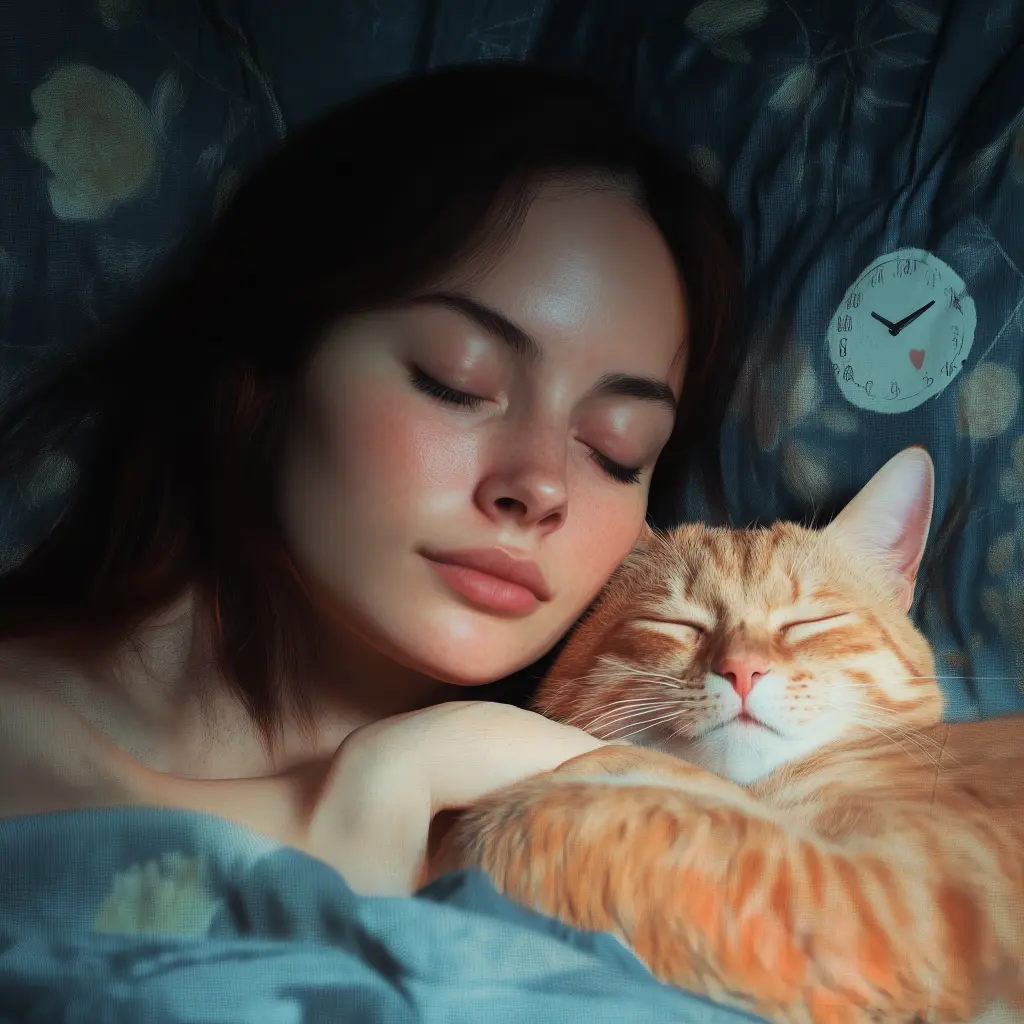
Not all sleep is the same. Sometimes you just need a nap to get you to the next hurdle in the day. Other times you may not be able to function because of horrible sleep the day before and need more than just the average nap.
Of course there is always the end of day sleep we are used to getting. Which one will you take? Based on how long you plan on sleeping your strategy may vary on how you wind down or if you wind down at all. Let’s work to clarify if you can pinpoint your intended sleep target.
How long is a nap?
Ah-ha tricky question! It depends on the duration and type of nap. 10 minutes to 90 minutes time can all be considered within range of a nap. I’ve read some consider up to 2 hours for a nap. There are different kinds of naps but without getting too fancy check out some different kinds of naps below.
How long is a cat nap?
A catnap is generally around 15 to 30 minutes. It is hard to perfect the art of catnapping without being a cat (hence the name.) If you’ve ever owned a cat, then you’ll know they spend lots of time catnapping and sleeping.
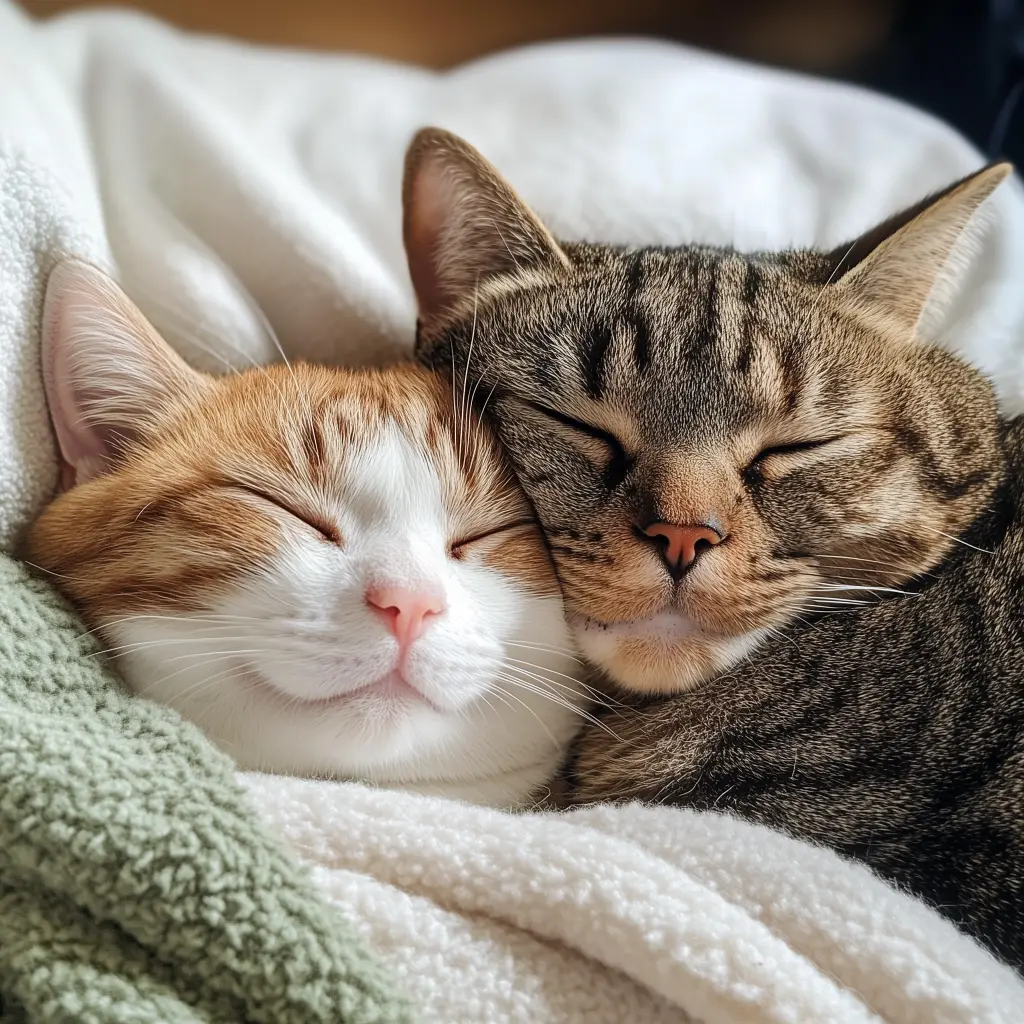
How long is a power nap?
Now we are talking human naps. This is basically a catnap for a human. Here’s a bit of research to get the proper number here.
“There’s no medical definition for a power nap, Dr. Gurevich says. But in general, the term refers to short naps ranging from about 10 to 30 minutes. A power nap that lasts 20 to 30 minutes is usually ideal. It’s long enough to give you all the benefits of sleep without leaving you feeling groggy when you wake up [4.]“
Every person is different and unique so hopefully a power nap will give you the boost you needed to finish out your day.
How long is a recovery nap?
90 minutes – This is the “I tried everything I could but couldn’t sleep well last night” type of nap.
In other words, it is “a nap you take to make up for lost sleep [5.]“
How long should you nap?
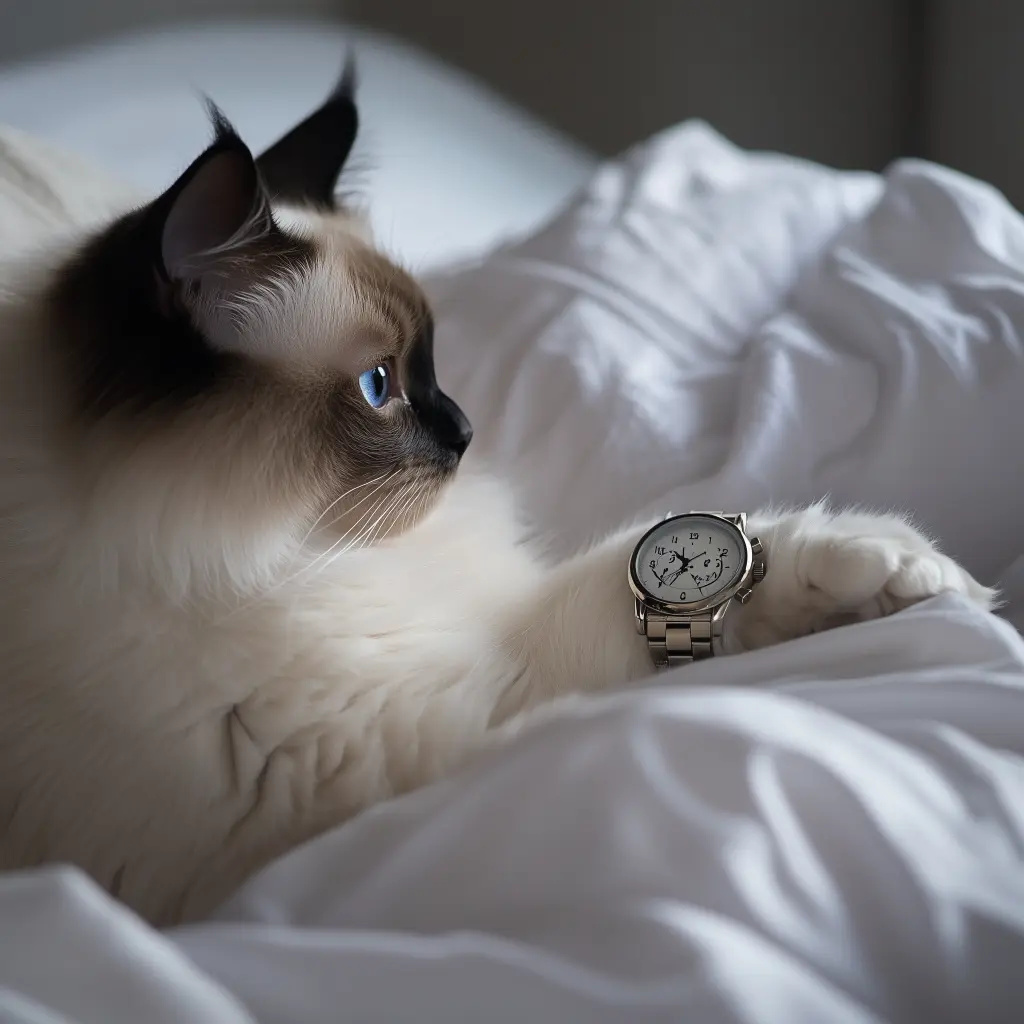
This question is going to be based on your situation and how well you know yourself. If you know you only need a 30 minute nap and it doesn’t have negative impacts on your sleep for when you will go to sleep at night for your real long-term sleep then have at it!
Here’s an example scenario: You work multiple jobs or have a full time job plus have school work to do but you’ve hit the point in your day where you brain is mentally exhausted.
Napping for an hour or so may be the recharge your brain needs to get ready for research and paper writing that you know you need to get done. You know when you go to sleep later that you’ll have no issues going to sleep again even with this nap. For this scenario and for this person this works.
If you don’t know yet what you need, experiment and track the length of a nap you take, time of day you take it, how you feel when you wake up, and if you have any issues going to sleep later when you are doing your full cycle of sleep.
For extra benefits and analysis, try wearing a device that tracks your sleep and the stage of sleep you are in. This may give you a better idea where you are in sleep when you wake up. This could correlate with how you feel.
The 2 hour – 8 hour sleep
The most common sleep advice for length is as you know “to get 8 hours of sleep.” I know there are people out there that don’t need that much sleep and find that normal for them. I want to know the secret to the 4 hour sleepers out there lol. You know the ones that say this is their typical night of sleep and that’s all they need.
Sleeping as long as your body will let you
Now let’s divert away from a nap and focus on the forever sleep lol or the “I want to sleep until I can’t sleep anymore.”
You’ve had an exhausting week and you know you are gonna pass the heck out when you finally snuggle up for some well-deserved zzz’s! This is the marathon of sleep but basically you’re sleeping until your body actually wakes you up naturally because you are fully rested. No alarm clocks, no appointments, no worries (hopefully.) What is the longest you’ve ever slept?
Click here to drop a comment at the bottom of this post and let us know how many of hours of sleep you need and why! 👇
2. Comfort Where You Sleep
- Do you sleep in a comfortable bed with cozy sheets and the best pillow for your neck?
- Do you have a mattress you and your body love?
- If you don’t typically sleep in a bed, is that spot comfy and wonderful?
- Are you sleeping in a car?
- On a couch?
- In someone else’s home?
- On a plane?
- Is your environment low stress?
- On a boat?

Everyone can list a few different places they’ve slept and their comfort level. I bet everyone can list somewhere they’ve slept where they woke up and their back or neck was not having a good time the next day.
3. Consistency of When You Sleep
For many people, having a consistent bedtime and bedtime routine can help your body naturally recognize that “hey it’s time to go to sleep.” This is often referred to as a natural body clock.
When your body knows when to go to sleep without trying to force it to go to sleep means you are likely onto some success here. Repetition of the same or around the same sleep time will get the body in a rhythm of falling asleep on a regular schedule.
4. A Routine For Winding Down For Sleep
Have you ever tried to go from an intense activity to a brief cool down and then straight to sleep? Probably doesn’t work very well does it? Giving your body and brain other cues that it is time for sleep can maximize falling asleep naturally.
Examples of winding down for sleep [1]:
- Timed calming/breathing exercises
- Meditation/yoga
- Journal things that may keep you mentally awake (example: a bad day at work and any potential solutions if you have a problem you’re trying to solve)
- Get reminders out of the way (Need to do this thing or this list tomorrow morning)
- An activity that mentally relaxes you (reading a book, listening to an audio book, a warm bath)
- Dimming the lights
- Relaxing smells (Aromatherapy)
- Drinking a caffeine-free and calming beverage that can encourage sleep
- Listening to calming sounds that have helped you get to sleep in the past
- Limiting or eliminating screen time
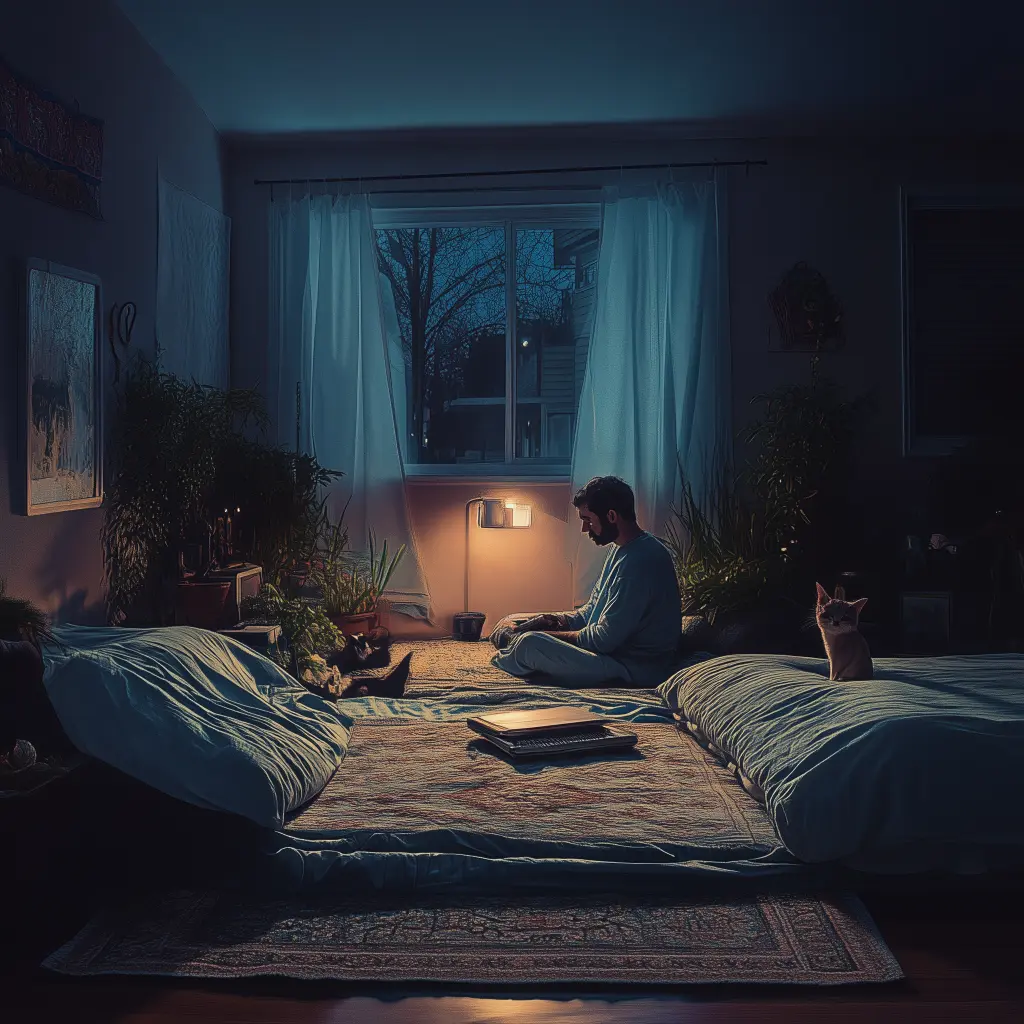
5. Your Environment and What Lies Within it
Now let’s talk more about what’s going on when you’re sleeping and your surroundings.
Turning off and blocking out light can be a key for some to get a more restful sleep.
Black out-curtains, dim out curtains, a face mask, and turning off light sources (even subtle ones) can all aid in better production in Snoozetown.
6. If and What You Eat and Drink Before Sleep
Certain things we eat, drink, or consume in our body can have helpful or adverse effects in our slumber.
The obvious example used most is to not drink coffee or caffeinated beverages before sleep. Avoiding substances known for giving an extra “energy” burst seems to be a good place to start.

The more you know your body the better you will get at this. Try keeping a log of what you eat and drink and the type of sleep you got that night. Keeping a list of what does and does not work can be great reminders when you are having a rough night.
Do you feel rested? Does your body feel good and not achy? Do you feel mentally recharged? If no other environmental factors disturbed your sleep then this can be a gauge on possible food or drink disruptions.
7. Ensure a Cozy Temperature
Ah the temperature. What is the best ac temperature for sleeping? Best heat temperature for sleeping?
Only you know the answer to this question because everyone is different! However…
Here’s a recommendation for the cool based on gvec ac service’s website: “Most experts agree that the optimal bedroom temperature for restful sleep is between 60 and 67 degrees Fahrenheit (15.5 and 19.4 degrees Celsius). This range supports the body’s natural cooling process, facilitating a comfortable and restorative sleep. However, individual preferences can vary, and factors such as age, health, and the season can influence what feels comfortable [6].”
This is another experiment with yourself you can track. Other factors also influence this like where you live, what the weather may be like that day, and if you run a fan, etc. Too many variables but if you experiment and track them you will get a better understanding of what works best for you and your body.
Now if you also have a partner, spouse, children, roommates, or others staying with you then this could get trickier. You’ll have to find a medium ground that works best for everyone or set up your room for maximum temperature comfort based on your needs.
8. Control Noise as Much as Possible
Now this one gets a ton of folks. If you have loud, odd, high pitch, high volume noises, or even a subtle noise that is out of place it may drive you mad trying to go to sleep!
On the other hand some people pass out with the TV on, other noises going, and can sleep through a train passing by.
The National Sleep Foundation has stated the following “Exposure to too much noise during sleep has immediate effects while we are sleeping, which leads to short-term issues the next day, and over time may result in long-term mental and physical consequences [7].”
If noise does bother you, then blocking out noise to sleep is a must. Noise-cancelling earbuds, ambient noise machines, turning on a fan to drown out noises, playing sounds from a radio or video are a few ways to help drift off to dreamland.
9. Know How Exercise Affects You
There is a lot of research that has been done to suggest that exercise can help promote better sleep for a variety of reasons.
Johns Hopkins Medicine discusses even though the total understanding is not yet there, moderate aerobic exercise has an impact on “slow wave” sleep or deep sleep [8.]
When it comes to exercise and what works best for you, consult with your physician to get the best exercise plan that will fit your body and personal situation.
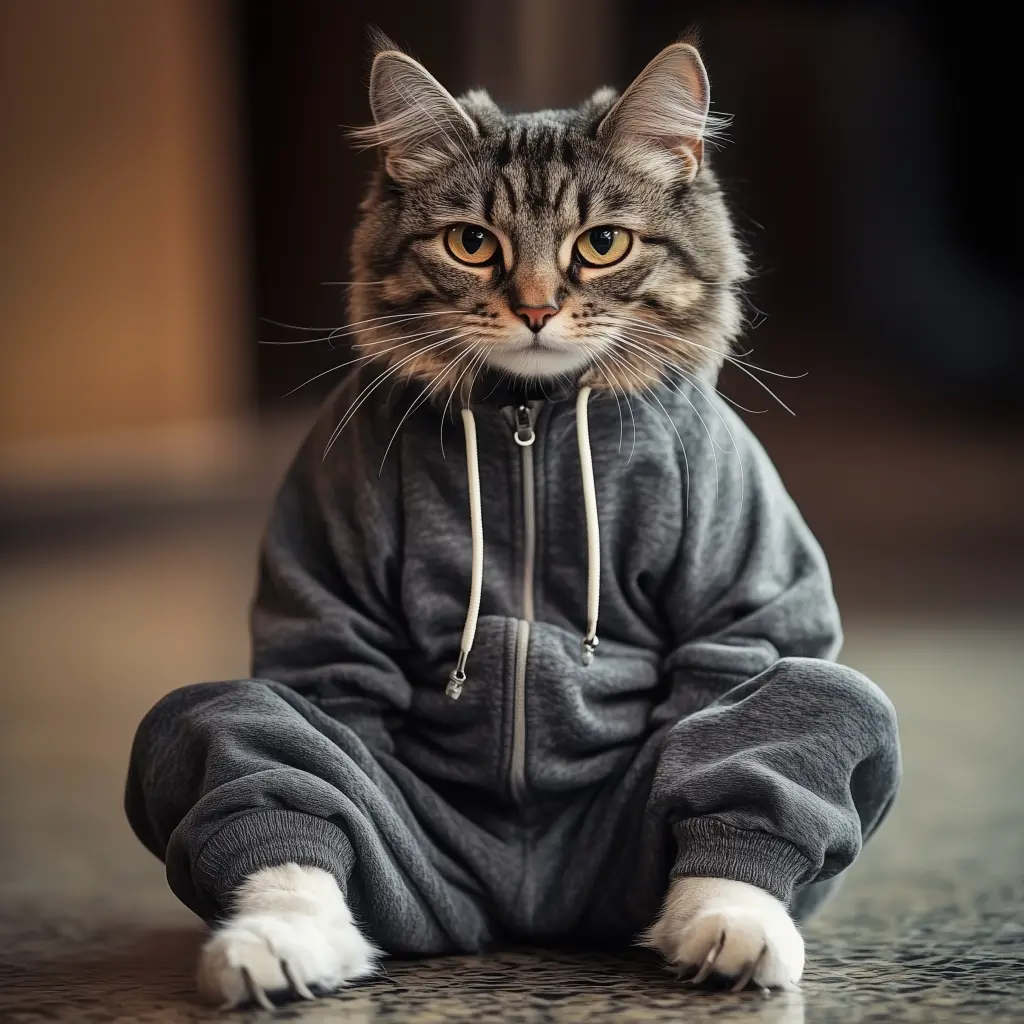
10. Manage Your Stress
We’ve all heard about the impact of stress and sleep. Stress can disrupt sleep and keep even the best sleeper awake at night. Haven’t we all experienced a situation in our waking life that we were so worried about something that we didn’t sleep?
Is it possible that you could be worrying about something that is causing a disruption to your sleep?
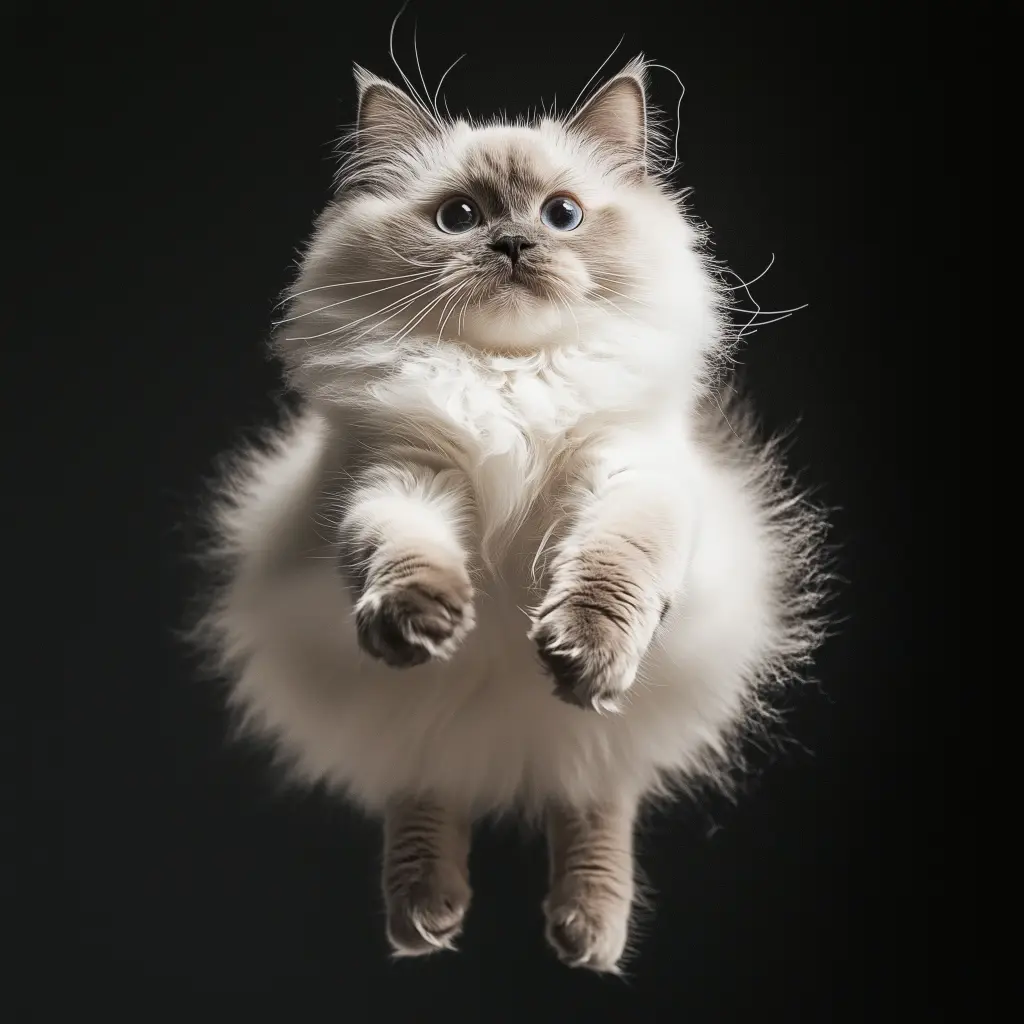
Finding ways to overcome stress may be the key to unlocking your snooze potential. As always, remember to consult a physician if needed on the best way to tackle stress if you believe this is what is causing the lack of constant sleep.
If you have a particular situation that is causing your stress, finding a remedy to that situation (if possible) may be the ticket to better rest.
11. Limiting the Naps
I went on and on above about different types of naps and now I’m going to talk about limiting the naps lol.
You know your body and what will disrupt your sleep. For instance, you may know for certain that if you take a nap when you don’t really need one then you’re toast that night – meaning you’re not going to get the proper sleep because the nap messed your body up for the long-term sleep. This is what is meant by limiting the naps.
If you know a 20 minute nap has zero effect when it comes time for you to go down for the night, then by all means carry on and may your favorite letter be Zzzzzzzz.
12. Prevent Stimulating the Brain Too Much Before Sleep
Most of us have done at least one of these things and felt it the next day. Eliminate, reduce, or limit these to give yourself the best chance at fulfilling sleep.
Screen Time
Phones, tablets, computers, TV’s – “Screens emit blue light which interferes with your circadian rhythm. Your circadian rhythm tells your body when to fall asleep based on the amount of light you see [2.]“
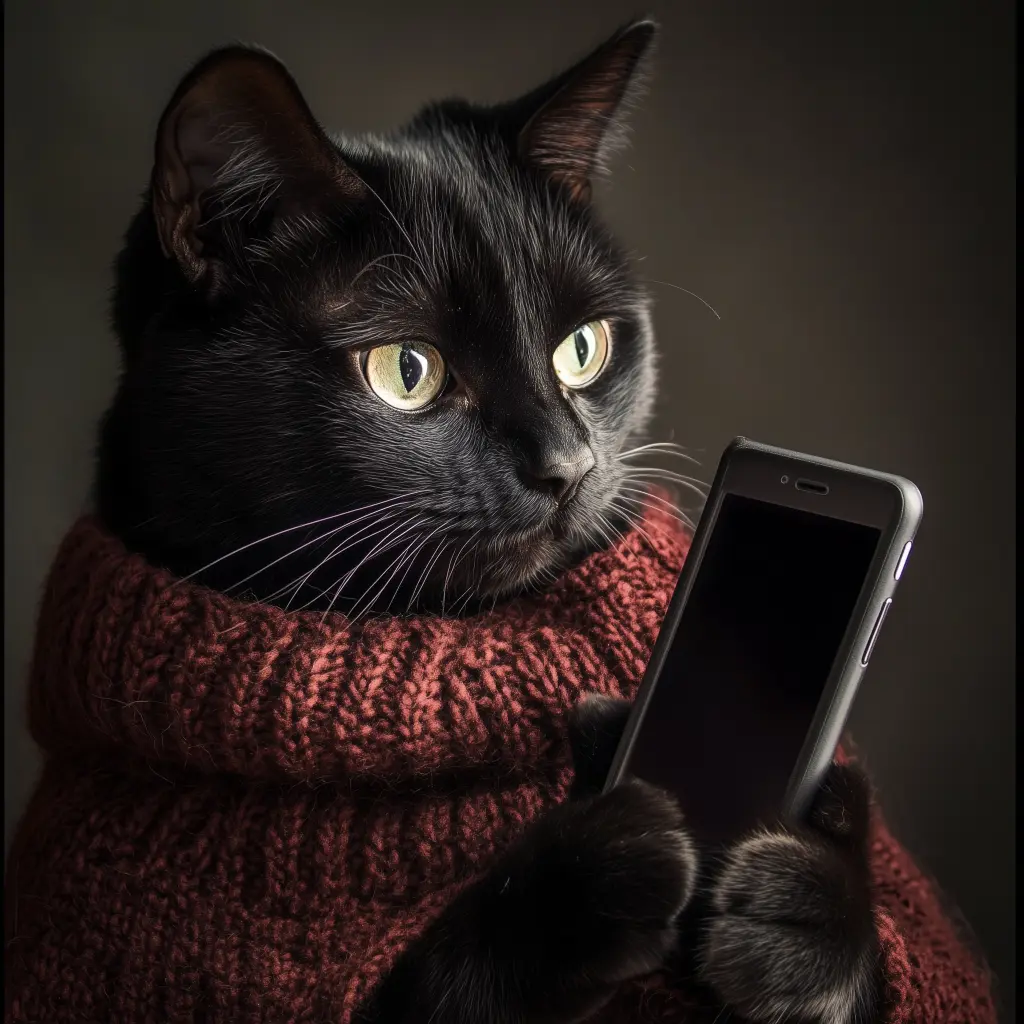
Caffeine
Making the list again in another section but worth mentioning. Know your body and when you need to stop drinking caffeine for the day.
Those Other Lights
Lights can make your brain think it is time to “wake up.” Consider removing items that give off light, constantly have some sort of light on, or try to find a way to cover up the light before bed if the item cannot be removed from the room.
Even power indicator lights can cause sleep disruptions because it “actually blocks your body’s natural release of melatonin [3.]“
Alcohol
Alcohol is a sleep disruptor for long-term sleep even though it may initially make you tired. You may find yourself falling asleep fairly quickly after some drinking only to wake up in the middle of the night or morning and be unable to get back into productive sleep.
According to the Cleveland Clinic, REM sleep takes the hit from drinking alcohol prior to snoozeville [9] which is what helps you all wonderful and rejuvenated the next day.
References
1. Mulla, R. (2023, February 05). How to build your wind-down routine for sleep. Sleepstation. https://www.sleepstation.org.uk/articles/sleep-tips/wind-down-routine/
2. Ferguson, S. (2021, June 7). 11 ways to shut off your brain before bedtime. Psych Central. https://psychcentral.com/lib/ways-to-shut-off-your-brain-before-bedtime#help-me-sleep-now
3. Is your power adapter sabotaging your sleep? (n.d.). Manta Sleep. https://mantasleep.com/pages/is-your-power-adapter-sabotaging-your-sleep
4. Should you take power naps? (2021, November 11). Cleveland Clinic. https://health.clevelandclinic.org/power-naps
5. Casper Editorial Team. (2022, May 06). Nailing your best nap length: 4 tips for Perfect rest. Casper Blog. https://casper.com/blog/best-nap-length/
6. Gvec. (2023, September 29). Finding your optimal sleep temperature I GVEC HVAC. GVEC Air Conditioning & Heating. https://gvecacservice.com/finding-your-optimal-sleep-temperature/
7. Summer, J. V., & Summer, J. V. (2024, March 7). How noise can affect your sleep satisfaction. Sleep Foundation. https://www.sleepfoundation.org/noise-and-sleep
8. Exercising for better sleep. (2024, June 20). Johns Hopkins Medicine. https://www.hopkinsmedicine.org/health/wellness-and-prevention/exercising-for-better-sleep
9. Clinic, C. (2025, February 6). Full proof: Explaining how alcohol can interfere with sleep. Cleveland Clinic. https://health.clevelandclinic.org/why-you-should-limit-alcohol-before-bed-for-better-sleep
